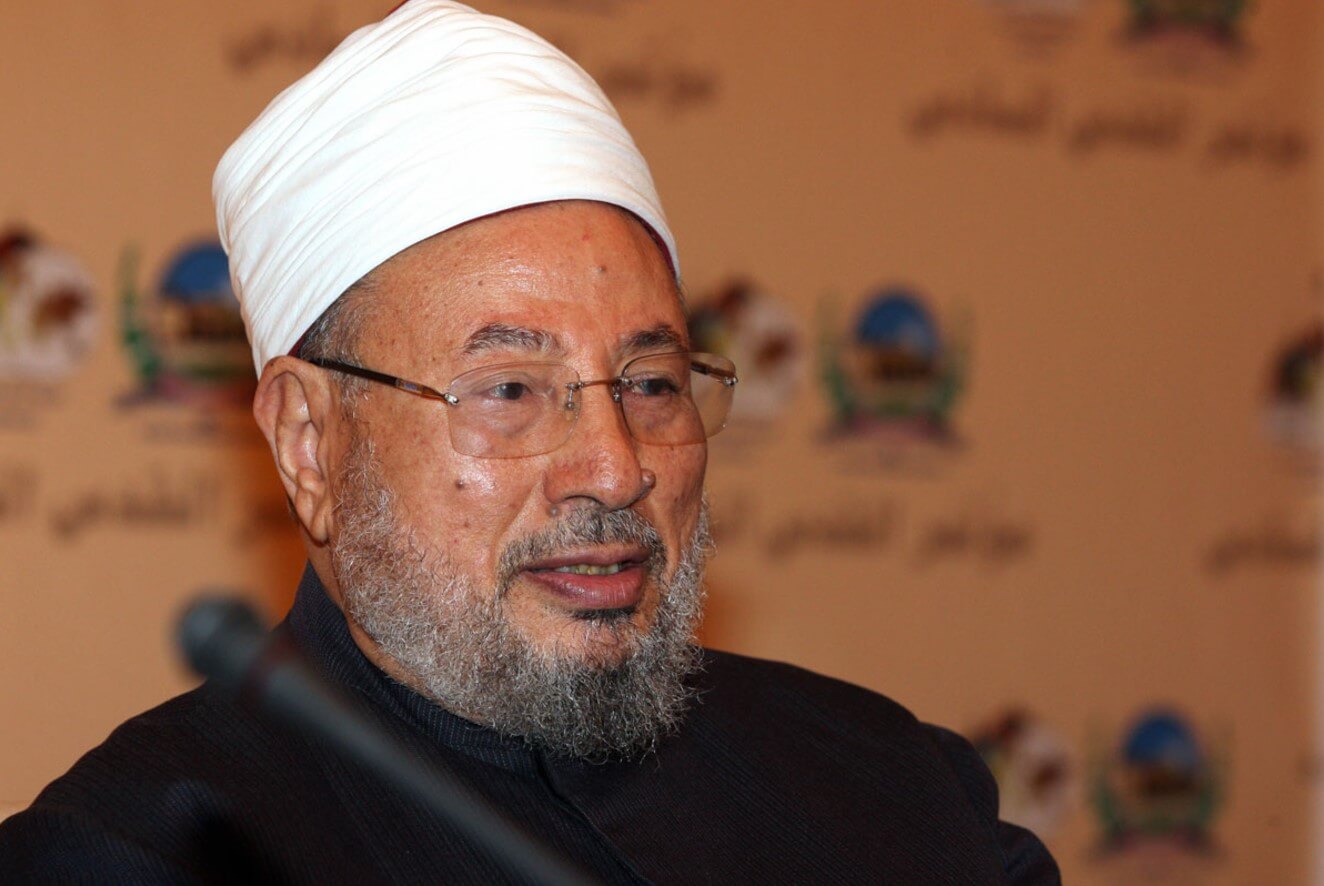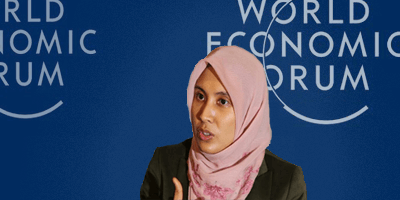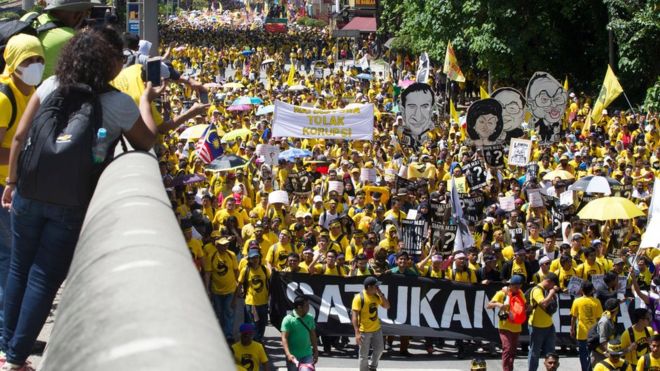At times, symbols are more powerful than words. They convey a lasting message where words fail. The Eiffel Tower is one such symbol. It is an icon of French identity. Today, the lights on the Eiffel Tower have been extinguished after the bloodbath in Paris.
The despicable terrorist attacks in Paris on Nov 13 have brought France to a standstill. More than 120 human beings died in the brutal attacks, with many hundreds more wounded. The dignity and sanctity of human life is not a national issue. It is a human issue. It is a universal concern. No civilised nation must ever condone terrorism in any form.
The outpourings of grief from across the world after these horrific incidents stand testimony to a world united against terrorism.
Terrorism in all its manifestations is abhorrent to human conduct. No religion sanctions such activities. Under no circumstances is deliberate targeting of non-combatant civilians ever allowed.
Yet, the world has failed to eliminate this menace. Instead, we have only seen an unprecedented increase in the frequency and severity of such incidents as the murderous juggernaut becomes ever more sophisticated.
Islam, a religion of peace, categorically condemns any and all acts that threaten and destroy human life in peaceful times. It has an elaborate legislative matrix to protect the dignity and sanctity of human life conveniently ignored and abused by many who act in its name, not least those responsible for Paris.
The terrorists who committed these crimes against innocent civilians in Paris have seriously violated Islamic injunctions.
Meanwhile, the suicide bombers who participated in these acts violated Islam on three counts. First, by committing the terrorist act itself, second, by committing suicide, and third, by blaspheming Islam by doing these dastardly acts in the name of Islam.
Islamic doctrine places life as a trust in the hands of humanity. It is precisely due to the nature of this divine endowment that suicide is totally prohibited in Islam. By committing suicide, one violates this divine trust.
In our times, terrorism is not simply a matter of life and death. When it raises its ugly head, its ramifications reach far and wide. In a globalised world, it impacts many societies and cultures in many different ways.
Europe is host to over 20 million people of Muslim origin. The latest atrocities are likely to affect the lives of all Muslims, not least those residing in France and Europe. Syria’s tragic civil war continues to be the main source for the most recent wave of migration.
The terrorist acts will undoubtedly boost Islamophobia all over the world, leading a few misguided souls to the waiting arms of the terrorists themselves.
Currently, hundreds of thousands of refugees – many Muslim – have been trying to enter Europe after escaping the war zones in Syria, Libya, and Iraq, as well as oppression and destitution elsewhere. They will be among the many Muslim victims of the growing Islamophobia now even spreading beyond the West.
Just this year alone, more than 750,000 migrants are estimated to have arrived in Europe by sea. Many more may have passed through borders undetected.
In spite of differences in European policies on refugees, many Western Europeans have warmly welcomed them. Many have been given shelter and provided with basic amenities, with the promise of settlement for tens of thousands.
These latest acts of terrorism are likely to jeopardise the more welcoming refugee policies of these Western European nations as much as they will impact the fate of those already in these countries, including those who have become part of the fabric of their host countries.
The terrorist acts affect us all and we must all find lasting solutions to eliminate this threat to peace and harmony in our societies. There must be serious reflection on the genesis of terrorism – what causes this behaviour and what are its catalytic agents.
At the same time, improved early warning systems and counter-measures need to be developed through broad consultation and PUT in place. Repressive clampdowns violating human rights will not work as these will merely encourage extremism. Swift coordination at the international level should also help.
Malaysia’s national, regional, and international agenda is one of peace: peace within and peace without. Malaysia categorically condemns any and all acts of terrorism, especially those resulting in the loss of human life.
Malaysia must never allow its soil to be used for crimes against humanity. We earnestly believe in peaceful co-existence and must encourage, support and sustain the diversity of human cultures as well as universal values, in word and deed.
Malaysia must actively support efforts to defuse religious tensions and to prevent the escalation of extremist tendencies. We must continue to do more, by stemming the tide of extremism, and extending our humanitarian efforts.
Unless we realise that peace is a human obligation, we will not succeed in our endeavour. The dark forces of extremism and terrorism must be defeated.
Peace is not elusive. We need to cultivate and reinvigorate it synergistically by promoting tolerance, diversity, co-existence, equality, justice and freedom.
Our hearts go out to the victims of terrorism in Paris, with sincere condolences to the families of those brutally killed and injured. We share their pain and loss.
The Eiffel Tower must regain its lights soon, and France, its revolutionary commitments to liberty, solidarity and equality.
*A version of this article first appeared in theSundaily



